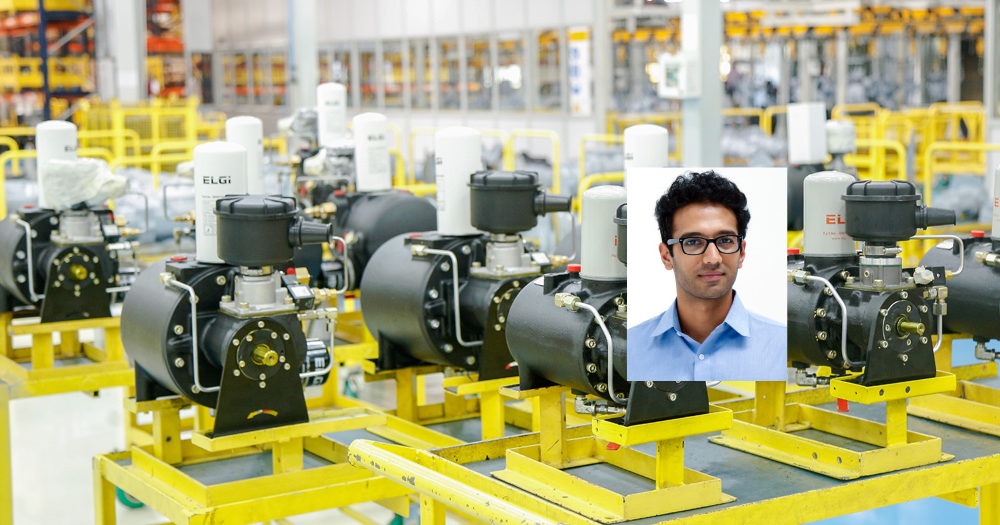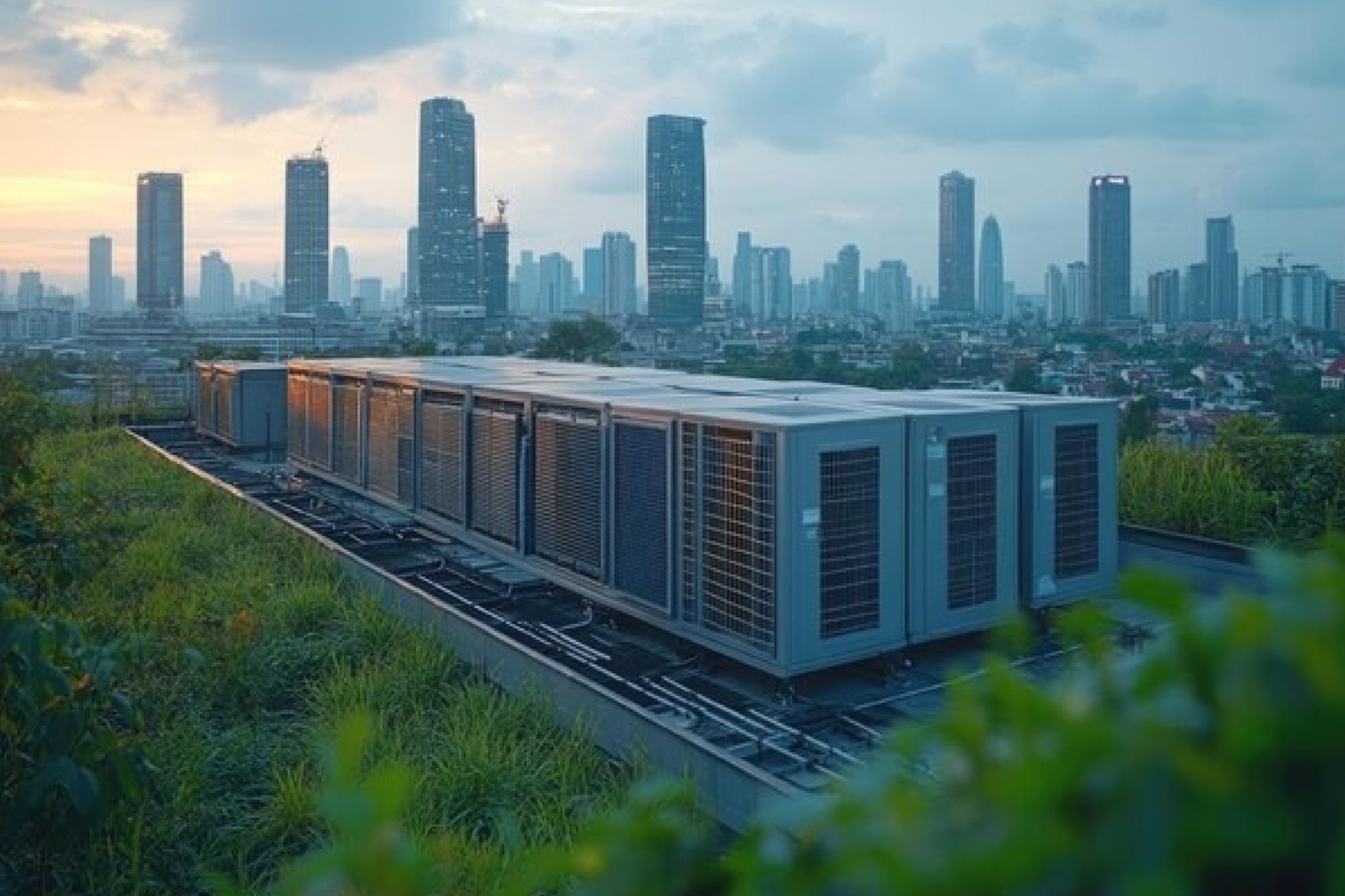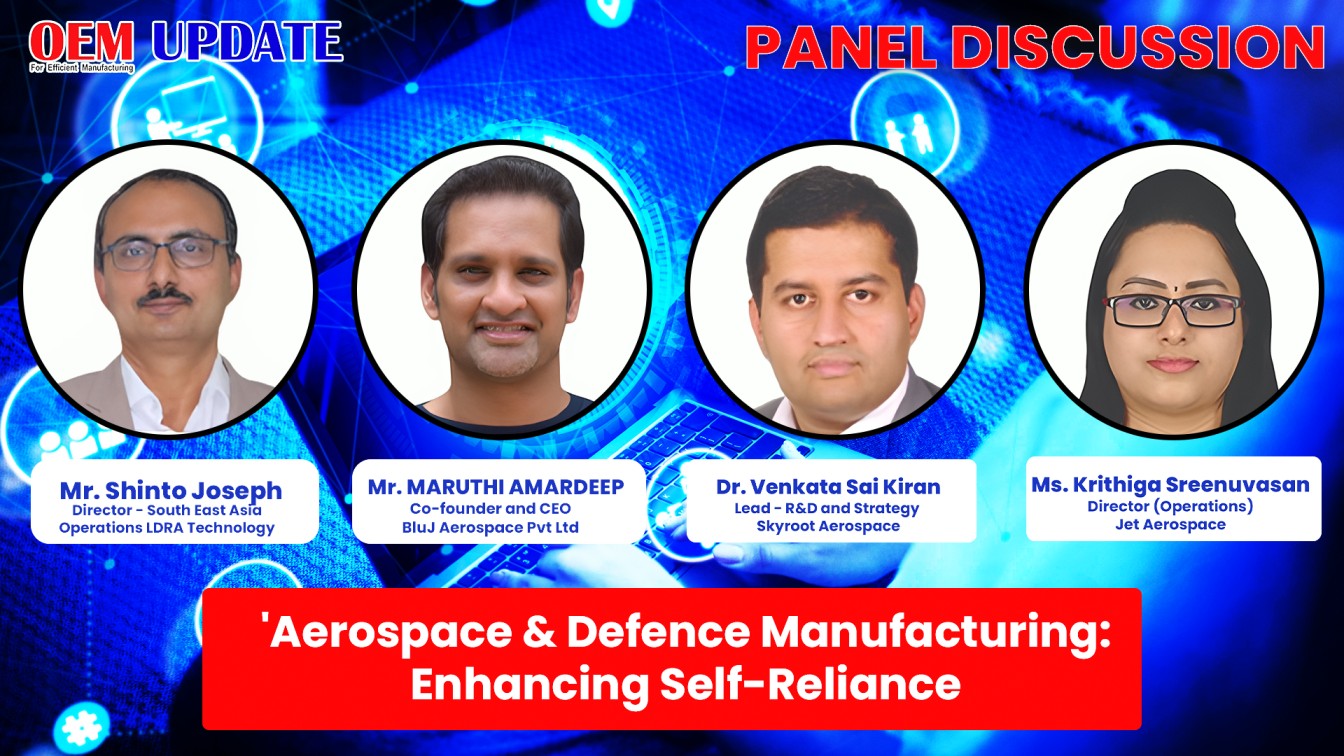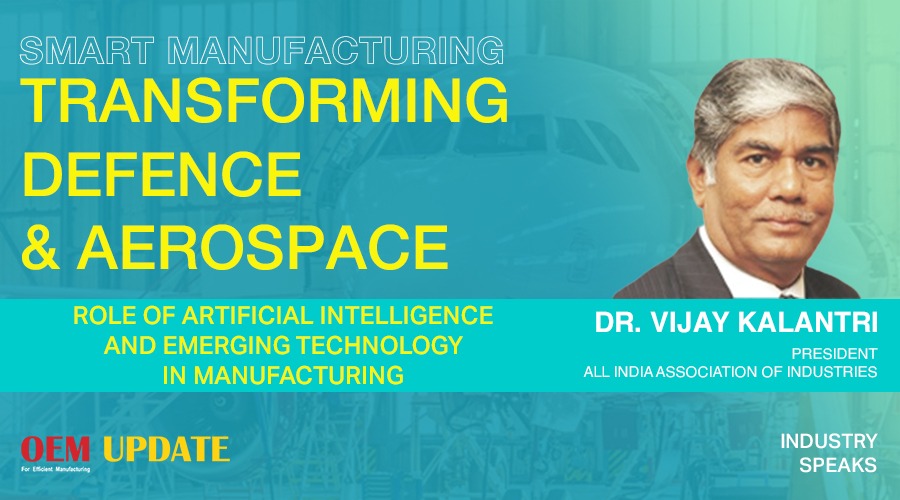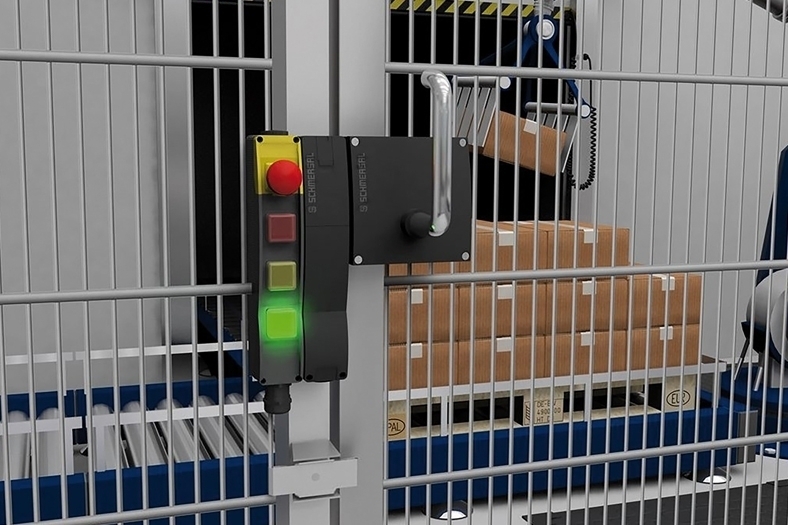IIoT: The next wave of disruption in manufacturing
By OEM Update Editorial June 11, 2018 4:14 pm IST
After witnessing the technological transformation at the Hannover Messe, Anvar Jay Varadaraj, Head – Marketing & Communications, Elgi Equipments Ltd explains how Artificial Intelligence, Big Data and automation are poised to change the manufacturing landscape.
This is the age of intelligence, and the manufacturing sector is seeing a major upheaval. Technologies such as Artificial Intelligence (AI), Machine Learning (ML) and industrial automation have already started to permeate and alter the course of every layer of the manufacturing industry, in what we call Industry 4.0, commonly referred as the fourth industrial revolution spearheaded by the infusion of data and computing power.
At the recently concluded Hannover Messe, the world’s leading trade show for industrial technology, ELGi Equipments could witness how AI is poised to change the manufacturing landscape which made them ponder about the implications of all these sweeping changes in the Indian context.
The first opportunity for Industry 4.0 and AI is in using Big Data to improve manufacturing processes. How technology converges to make processes more efficient by the day, reduce errors and get to perform with amazing precision with least human intervention was interesting. At the Hannover Messe, Microsoft demonstrated their software built for autonomous material-handling drones that have been tested in Toyota’s manufacturing floors. Buzzing non-stop, these drones, fit with cameras, radar and a bunch of sensors operate just as humans would, but with least errors and utmost precision. They even render quality managers redundant!
Augmented Reality (AR) is another application that could greatly transform manufacturing. How AR lenses helped assembly-line workers pick parts faster and better with no errors was displayed at the Hannover Messe. Such intelligent applications may make it all seem like they are built to cut human expertise from the picture, but in turn, make human eye indispensable and inevitable, as the algorithms definitely need to make sense of them – to figure out the big picture.
Another great opportunity for AI and Big Data in manufacturing is how they can transform customer service. Microsoft showcased a fleet management system that it developed hand-in-hand with a logistics major. This system has made identifying anomalies, scheduling services and cutting downtime costs a breeze. IBM displayed how they have helped an elevator company develop a system that constantly monitors elevators and reports key data such as speed, energy and downtime to a central dashboard to help better customer experience.
It is human tendency to overestimate the impact of technology in the short term, and underestimate it in the long term. Data and reporting systems have benefited us in terms of business metrics at varying levels. While the Microsoft powered drones in the shop floor lowers human costs, cuts errors and increases safety, the IBM elevator monitoring system may not give us any tangible result, and only makes the whole system run better. In the Indian context, studying the impact of these technologies in how they affect the human capital, which is abundant, is important and crucial to understand how we can implement them.
Cookie Consent
We use cookies to personalize your experience. By continuing to visit this website you agree to our Terms & Conditions, Privacy Policy and Cookie Policy.



